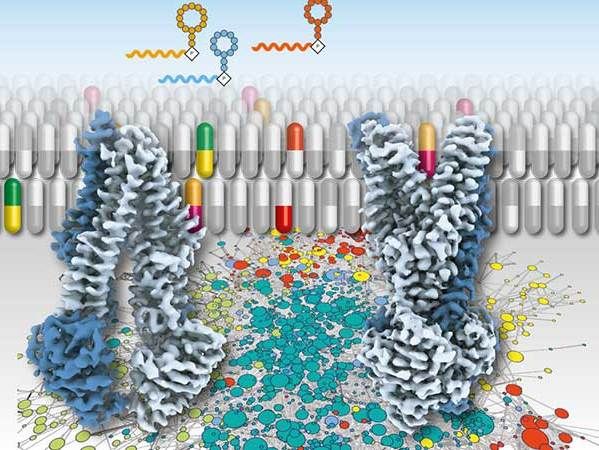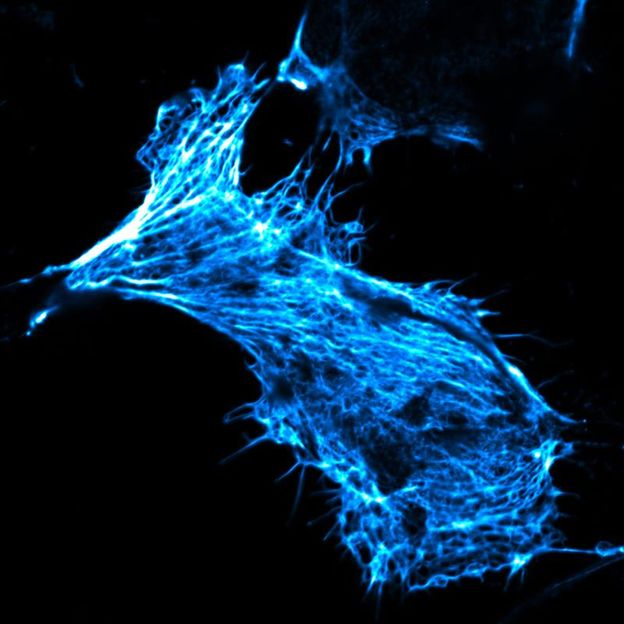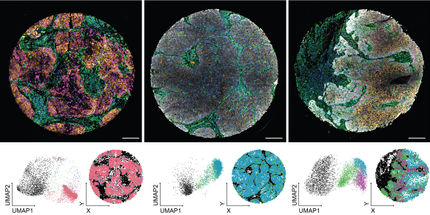QIAGEN joins CANCER-ID consortium for liquid biopsy workflows
Public-private partnership aims to standardize and clinically validate blood-based biomarkers
QIAGEN N.V. announced it has joined CANCER-ID, a public-private consortium aiming to establish standard protocols and clinical validation for blood-based biomarkers in lung and breast cancer.
Rapid advances in the use of liquid biopsies, which enable cancer treatment and monitoring through the identification of circulating tumor cells and tumor-related nucleic acids in blood samples, have highlighted the need for standardized methods and workflows to avoid unreliable or even false analytical test results, including sequencing bias. The CANCER-ID consortium of 36 partners from 13 countries is a project of Europe’s Innovative Medicines Initiative (IMI) and will conduct clinical trials using liquid biopsy methods as part of its efforts to accelerate the development of better and safer medicines for patients.
“QIAGEN is pleased to be joining CANCER-ID to help develop standards and conduct clinical validation to enable broad adoption of reliable molecular analyses from liquid biopsies. Personalized healthcare is providing life-saving genomic insights, and blood-based biomarkers offer the potential to transform diagnosis and patient monitoring due to significantly easier access,” said Markus Sprenger-Haussels, Senior Director and Head of Sample Technologies in the Life Sciences Business Area.
“Creating standardized methods for liquid biopsies, as well as standards for Sample to Insight workflows, is key to enabling routine with the highest quality samples, up-front processing and links to analytical tests that are critical for achieving actionable insights. As a pioneer in developing liquid biopsy sample technologies, we look forward to sharing QIAGEN’s experience with our colleagues in CANCER-ID and contributing a wide range of solutions that can help to improve outcomes for cancer patients.”
The consortium’s scientific coordinator, Prof. Dr. Klaus Pantel, Director of the Institute of Tumor Biology at the University Medical Center Hamburg-Eppendorf in Germany, stated: “We welcome the participation of QIAGEN, which has a long track record in setting standards in sample processing and in molecular testing solutions. CANCER-ID is an excellent example of a public-private partnership enabling a collaborative research approach to come up with novel concepts in modern cancer therapy. The consortium brings together a large, experienced team of experts from academic and clinical research, innovative small- to medium-sized enterprises, diagnostics and pharmaceutical companies, far beyond the scope of traditional ‘one-on-one’ industry-academia collaborations.”
Liquid biopsies hold promise for use in a range of clinical applications, including disease screening in patients for whom surgical biopsy is inappropriate, or in repeated testing to monitor changes in disease status. However, protocols for implementation of liquid biopsies are currently very varied, and the collection of blood-based biomarkers has not yet been standardized. These areas need to be addressed since differences in sample processing techniques can result in material changes of nucleic acid profiles and cause genomic bias in subsequent sequencing. CANCER-ID intends to develop standards for liquid biopsy workflows in breast and lung cancer to support downstream applications such as next-generation sequencing (NGS) and polymerase chain reaction (PCR) analysis. The consortium also partners with clinical studies to validate the use of liquid biopsies to identify relevant cancer biomarkers.
Most read news
Other news from the department science

Get the life science industry in your inbox
By submitting this form you agree that LUMITOS AG will send you the newsletter(s) selected above by email. Your data will not be passed on to third parties. Your data will be stored and processed in accordance with our data protection regulations. LUMITOS may contact you by email for the purpose of advertising or market and opinion surveys. You can revoke your consent at any time without giving reasons to LUMITOS AG, Ernst-Augustin-Str. 2, 12489 Berlin, Germany or by e-mail at revoke@lumitos.com with effect for the future. In addition, each email contains a link to unsubscribe from the corresponding newsletter.
Most read news
More news from our other portals
Last viewed contents
Promosome LLC and Recopharma AB Announce Technology Partnership

In slow motion against antibiotic resistance - How novel therapeutics provide insight into bacteria membranes
Jeffrey W. Albers appointed President of Algeta US
MediGene and Will-Pharma Sign Agreement for the Commercialization of Veregen in Benelux






















































